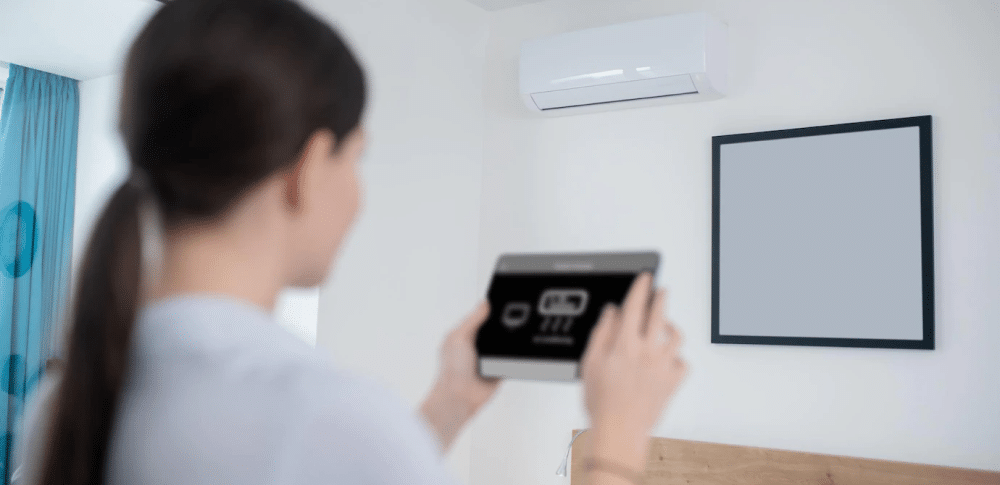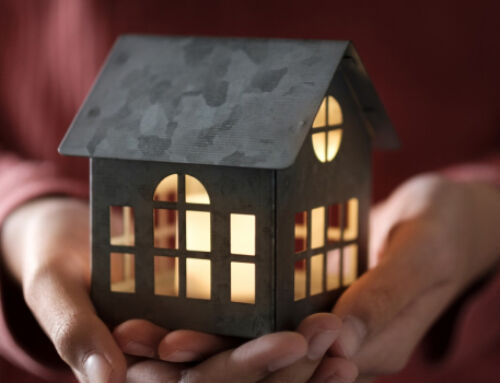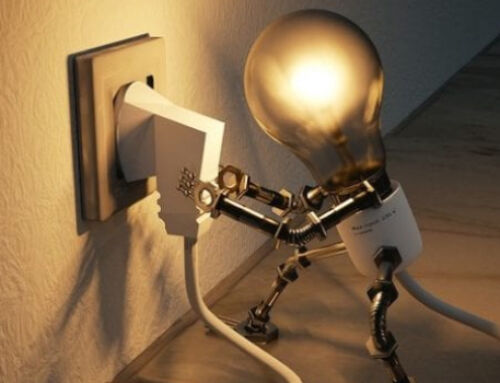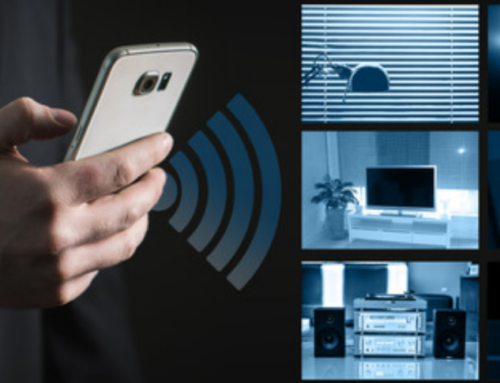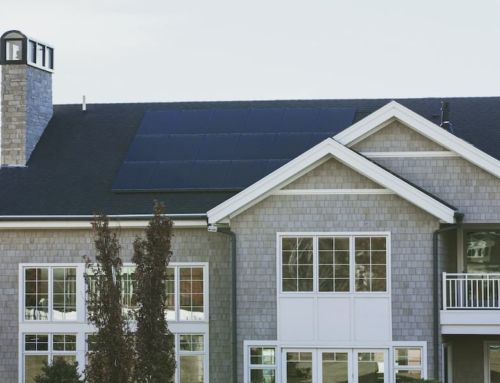In the 21st century, there are more and more reasons to control how much power should you use. It’s better for the environment and it saves you money, what’s not to like about that? Despite this, our modern lifestyles require many energy-hungry appliances that can cause energy usage to steadily rise. But how much power should you use? And how can you monitor and cut down on your usage?
How much power should you use and how can you keep your bill down?
How Much Energy Do Australian’s Use?
When it comes to calculating how much energy your household should be using, there are a lot of factors. There are many types of households across the country, and each requires different energy needs. Some factors that may affect your energy usage include:
• The size of the house
• The type of house
• The appliances and heating/cooling systems you use
• Your or your families lifestyles
According to the Australian energy update 2018, Australian households used 127222-GWh in the 2016-2017 period. This breaks down to an average of 6666.67kWh per household per year, and roughly 18kWh per day.
To put these measurements into perspective, let’s take a look at the rough usage of common household appliances.
• A 100 watt light bulb uses 1kWh in 10 hours.
• An electric oven set to 180 degrees Celsius for an hour uses 2kwh.
• Set at 95 degrees c for 7 hours a crockpot uses 0.7 kWh.
• A toaster set at 180 degrees c uses 0.33 kWh.
• A microwave set on high for 15 minutes uses 0.36 kWh.
• An electric convection oven set at 165 degrees for 45 minutes uses 1.39 kWh.
• A washing machine uses 0.3 kWh per load on cold, but 4.5 hours on warm.
• A laptop computer uses between 15-45 kWh per hour, while a desktop uses 60 to 250 watts per hour. Even on sleep computers can use between 1 and 6 kWh.
• An inefficient refrigerator can use 1000kWh per year, while a new energy rated fridge can uses as little as 400kWh per year.
• A 200 Watt television used for 6 hours uses 1.2kWh.
• A 2400 watt fan used eight hours is equal to 19.2kWh.
When you look at how much energy your appliances use, it’s easier to get a picture of how much power should you use. Total household energy consumption accounts for all of the different ways that a home uses energy. According to government statistics:
• Heating and cooling account for 40% of household energy use.
• Hot water heating accounts for 21% of household energy use.
• Lighting accounts for 6% of household energy use.
• Appliances and equipment account for 33% of average energy use.
How to Check Your Energy Usage
So how does your energy bill stack up? And how can you get a little more conscious of your electricity consumption? Here are some tips:
• Take a look at your bill. There’s usually a summary of electricity used, and the price per unit in kWh.
• Smart appliances can come built in with energy monitoring technology to help you stay on top of your energy usage.
• Check your electricity meter each month to see how your usage changes week to week.
• The government’s ‘Energy Made Easy’ website is a great tool for estimating and comparing energy use.
What Are The Best Ways to Save Energy?
There are many great ways to save on your energy bill, and a lot of them come down to making better choices when it comes to appliances and smarter practices when it comes to lighting, heating and cooling. Here’s some things to consider:
• Make use of your home’s design to minimise the amount of heating and cooling your home needs. For example, insulation can go a long way to reduce the amount of air conditioning required in your home.
• Research appliances to make sure that they are smart choices when it comes to energy consumption, use the star rated system.
• Consider solar and wind to supplement your energy consumption.
• Turn light bulbs off when not in use and switch appliances to ‘off’ rather than ‘standby’.
• Wash your clothes in cold water.
• Set your laptop or desktop computer to switch to ‘sleep’ when not in use.
• Monitor your use of air-conditioning and consider installing a smart thermometer.
• Use energy-saving bulbs, like LEDs.
• Dry clothes on the line rather than in the dryer, and consider washing on cold.
If you have any questions about energy usage, or if you’d like ideas to help you save energy please don’t hesitate to give us a call.
With over 9 years experience under our belt, we pride ourselves on providing fast and efficient service of the highest quality. If you have any questions regarding electricity in your house or are looking for a quote for electrical installations, repairs, or general maintenance, please don’t hesitate to get in touch with HunterCON about Power Boards today.



